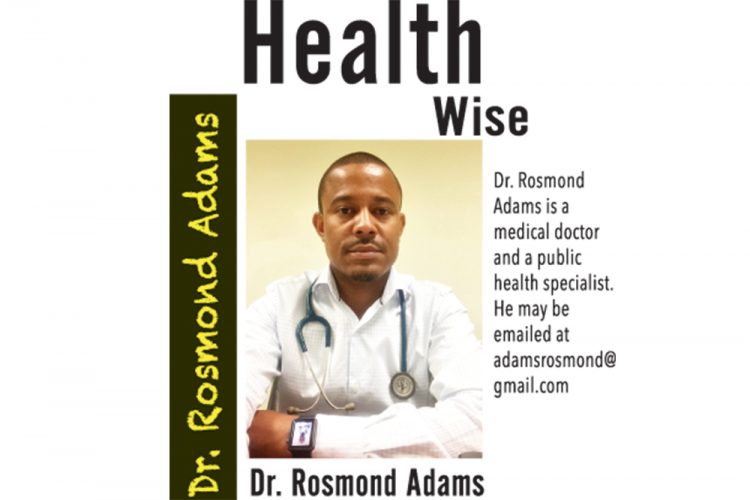Coping with COVID-19 Stress

The coronavirus disease 2019 (COVID-19) pandemic may be stressful for people. Fear and anxiety about a new disease and what could happen can be overwhelming and cause strong emotions for both adults and children.
Public health actions, such as social distancing and quarantine, can make people feel isolated and lonely and can increase stress and anxiety. However, these actions are necessary to reduce the spread of the disease.
Stress during an infectious disease outbreak, such as COVID-19, can sometimes cause fear and worry about your own health and the health of your loved ones, especially if you have underlying conditions. The pandemic can also increase stress around your financial situation or job as a result of business closing or persons being laid off.
When support services that you rely on are disrupted, stress can also increase.
Stress during COVID-19 can result in changes in sleep or eating patterns, difficulty sleeping or concentrating, worsening of chronic health problems, worsening of mental health conditions and increased use of tobacco, alcohol and other substances.
During times of increased social distancing, people can still maintain social connections and care for their mental health. Phone calls or video chats can help you and your loved ones feel socially connected, less lonely, or isolated.
In order to reduce and cope with stress associated with COVID-19, it is important that you know what to do if you are sick and are concerned about COVID-19. You should contact a health professional before you start any self-treatment for COVID-19.
Taking care of your emotional health is also very important. It will help you think clearly and react to the urgent needs to protect yourself and your family. You should also take breaks from watching, reading, or listening to news stories, including those on social media. Hearing about the pandemic repeatedly can be upsetting and can increase stress levels.
Finally, taking care of your body should be the first concern. This can be done by eating healthy, doing regular exercise and getting enough rest.
Knowing the facts about COVID-19 and stopping the spread of rumours can help reduce stress and stigma. Understanding the risk to yourself and people you care about can help you connect with others and make an outbreak less stressful.
Source: https://www.cdc.gov/coronavirus/2019-ncov/daily-life-coping/managing-stress-anxiety.html
Dr Rosmond Adams, MD; MSc (Public Health); M.S (Bioethics) is a medical doctor and a public health specialist with training in bioethics and ethical issues in medicine, the life sciences and research. He is a lecturer of medical ethics and research methods. He is the Director of the Pan Caribbean Partnership against HIV/AIDS (PANCAP). The view expressed here are solely those of the author and does not represent any organization or institution.









